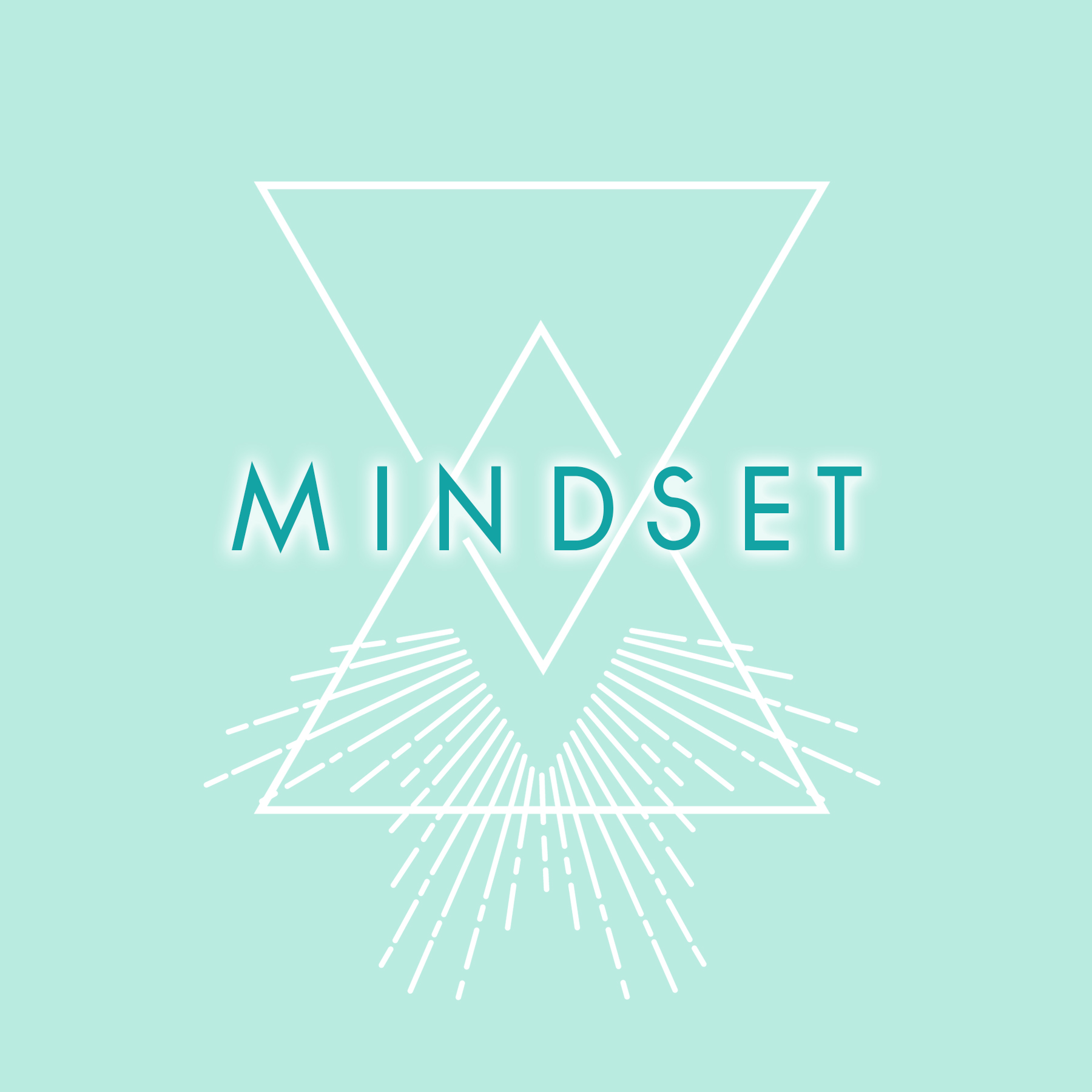Journaling is a powerful tool that can help you achieve your goals. It provides a space for self-reflection, planning, and tracking progress. When you write down your thoughts, feelings, and ideas, you can gain clarity and insight into your behavior and decision-making processes. From SMART goals to vision boards, these techniques offer unique approaches to harnessing the power of journaling and turning your dreams into reality. Find a method that resonates with you and stick to it.
Set SMART Goals
Setting goals with the SMART criteria can be a powerful tool in helping you clarify your intentions, track progress, reflect on challenges and celebrate achievements along the way. Here’s how to get started:
Specific
Clearly define what you want to accomplish. Write down detailed descriptions of your objective, including who is involved, what needs to be done, where it will take place, when it will happen and why it’s essential for you. Be as precise and concise as possible. This clarity helps you understand your aim and sets the foundation for successful planning.
Measurable
Establish concrete metrics or milestones to gauge your progress toward the goal. Include quantifiable measures such as numbers, percentages or deadlines to provide tangible evidence of achievement. Writing these measurements down allows you to monitor improvements consistently, identify areas requiring additional effort and maintain motivation throughout the journey.
Achievable
Assess whether your goal is realistic based on available resources, skills and constraints. Consider potential obstacles and brainstorm strategies to overcome them. Documenting your thought process enables you to revisit and adjust your approach if necessary, ensuring your goal remains attainable while fostering resilience and adaptability.
Relevant
Ensure your goal aligns with your values, interests and long-term vision. Explore its significance in personal growth, professional development or relationships. Reflecting on relevance keeps you focused on meaningful pursuits and encourages continued commitment even during challenging times.
Time-Bound
Set a deadline for accomplishing your goal, breaking it down into smaller tasks with specific timelines if needed. Deadlines create urgency and accountability, prompting action and consistent progress. Regularly reviewing your timeline in your journal holds you responsible for staying on track and making steady strides toward completion.
Categorize Your Goals
Categorizing your goals in journaling can be a helpful way to organize your thoughts and track your progress. Here are some categories you might consider:
Personal Growth
This category could include goals related to self-improvement, such as developing new habits or working on personal traits you’d like to improve. Who do you want to be next year or five years from now?
Career Development
If you have professional goals, this is the place to track them. You might include advancing in your current job, looking for a new one or starting your own business. Remember to be specific and write out the details. Is there a course you can take or a school that would best suit your interests?
Creative Pursuits
Whether you’re an artist, writer, musician or just someone who enjoys being creative, this category can help you keep track of your projects and ideas. If you want to learn a new creative skill, set a goal for achieving it under this category.
Health and Wellness
Setting fitness or nutrition goals can help you stay motivated and make positive changes in your life. You can also plan your workouts or complete a habit tracker for every day you exercise. Consider including mental health goals, such as practicing mindfulness or reducing stress.
Relationships
Building stronger connections with friends, family and romantic partners is an essential part of a fulfilling life. Use this category to track your relationship goals and reflect on your interactions with others.
Finances
Managing your money effectively can reduce stress and help you achieve long-term financial stability. Set specific goals around budgeting, saving, investing or paying off debt. You may even want to have a separate journal where you track all your transactions, work on your money mindset and write out your budget.
Travel
Exploring new places can broaden your horizons and provide inspiration. Use this category to plan trips, research destinations and document travel experiences.
Learning
Pursuing knowledge and education can be a lifelong endeavor. Track your learning goals here, whether they relate to a particular subject, skill or hobby.
Mindfulness
Being present in the moment can help you reduce anxiety and increase focus. Set a goal to meditate regularly, practice deep breathing exercises or engage in other mindful activities.
Use Visual Cues
Your goals aren’t limited to calendars and the written word. Use images, doodles, or visual cues to make your journaling process more exciting and engaging.
Vision boards work well because it’s easier to keep up with your goal when you can see it right before you. Being direct will ensure you stay committed and dedicated. Considering that 65% of the general population are visual learners, combining your handwriting and visual elements can help you stay motivated.
You can use these images daily to remind yourself who you want to become as you work toward your goal. Take time to look at the pictures every day and imagine yourself having already achieved it. If you’re struggling to move past an obstacle or can’t see the end in sight with a challenging goal, this will help you to keep going.
If you have a digital copy of your vision board, put a grayscale filter over each image, then edit the color back in once you have achieved the goal. At the end of the year, you’ll be surprised how colorful your vision board is.
Make Space for Regular Check-Ins
Write regular check-in entries to track your progress. With each page, you record a piece of the process and capture the small milestones on the way to the bigger goal. This helps you stay accountable and motivated to journey on.
Some questions to consider in your journaling are:
- What did you do today, this week or this month to advance your goal?
- Do you have any small wins to celebrate?
- Do you need to change a part of your system to improve progress?
- Is there anything else you can do to move closer to your goal?
- What have you learned so far?
- Have you come across any obstacles? How did you overcome them? How can you address other challenges moving forward?
- How do you feel about your progress?
In addition to recording your progress, take some time to write affirmations or positive statements that speak to your goal. When you create a mental image of yourself doing something regularly, you encourage your brain to take it as fact. This works because mental images activate the same part of your brain that would be activated when you are experiencing something. When you start to believe it, your actions follow.
Start Celebration Journaling
Acknowledge and appreciate your achievements along the way. Record victories — no matter how small — and reward yourself appropriately.
Some journal prompts that will help you internalize your achievement and use them for motivation include:
- How does achieving this goal make you feel?
- What is the greatest obstacle you overcame with this goal? Is there anyone you need to thank for their support or help?
- What have you learned about yourself in the process of achieving this goal? What strategies or resources will be helpful for the future?
- How fulfilled or satisfied do you feel with your achievement?
- How did you show kindness to yourself in difficult moments?
- What was your motivation when it got hard?
- How will you celebrate or reward yourself for your achievement?
Recognizing accomplishments reinforces positive behavior and boosts self-confidence. When you take a moment to celebrate your hard work and dedication, it gives you the fuel and momentum you need for future success.
Try the 1-1-1 Method
Sometimes, journaling for 30 minutes daily is too much time to fit into your schedule. When you only have a few minutes to journal, try the 1-1-1 Method.
Write out each of these:
- One win: Writing out one achievement every day helps you appreciate your progress.
- One point of stress, anxiety or tension: This is therapeutic and helps you release some stress of the day. You may find a solution to a problem once you feel better.
- One thing you’re grateful for: As you work toward your goals, it’s important to remember the good things happening now. Take some time to show gratitude for what’s most important.
These small insights can help you stay committed to recording your progress and stay motivated, even with little time.
Achieve Your Goals With Regular Journaling
Journaling is a versatile and effective method for achieving your goals. These techniques allow you to choose the best approach that suits your needs and preferences. Whether through daily reflections or visualizing future successes, incorporating journaling into your goal-setting routine can bring focus, motivation, and positive outcomes.
Remember, consistency is key when reaping the benefits of journaling, so make sure to find a technique that resonates with you and stick to it. Dedication and persistence can unlock your full potential and transform your aspirations into tangible achievements.
Enjoy this Article? Share it on your Favorite Socials or Pin it for a Spiritual Bestie to Find, Thanks!


Guest contribution by Author:
Cora Gold | Editor-in-Chief at Revivalist Magazine
Cora Gold is a wellness writer who aims to live a happy, healthy and mindful life. She is the Editor-in-Chief of women’s lifestyle magazine, Revivalist. Connect with Cora on Twitter, LinkedIn and Pinterest.
- 6 Ways to Connect With Nature for Balance and Serenity - July 15, 2024
- Summer Spirituality: Best Practices to Adopt This Season - June 7, 2024
- The Best Wellness Tips for Emotional Healing - May 14, 2024















